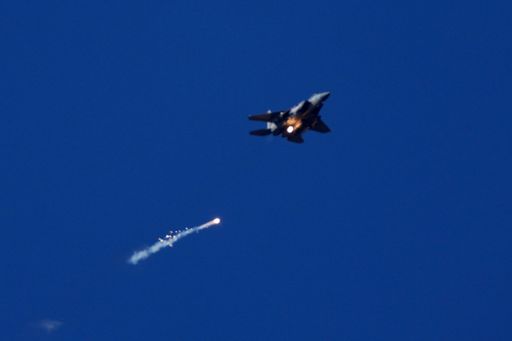Iran and the United States prepared for a fifth round of negotiations over Tehran’s rapidly advancing nuclear programme on Friday in Rome, with enrichment emerging as the key issue.
US officials from President Donald Trump insist Iran cannot continue to enrich uranium at all in any deal that could see sanctions lifted on Tehran's struggling economy. Iran's Foreign Minister Abbas Araghchi early Friday insisted online that no enrichment would mean “we do NOT have a deal”.
“Figuring out the path to a deal is not rocket science,” Araghchi wrote on the social platform X. “Time to decide.”
The US will be again be represented in the talks by Mideast envoy Steve Witkoff and Michael Anton, the State Department’s policy planning director.
While authorities haven’t offered a location for the talks, another round in Italy’s capital took place at the Omani Embassy there.
Oman's Foreign Minister Badr al-Busaidi is mediating the negotiations as the Arabian Peninsula nation has been a trusted interlocutor by both Tehran and Washington in the talks.
Enrichment remains key in negotiations. The talks seek to limit Iran’s nuclear programme in exchange for the lifting of some of the crushing economic sanctions the US has imposed on the country, closing in on half a century of enmity.
Trump has repeatedly threatened to unleash air strikes targeting Iran’s programme if a deal isn’t reached. Iranian officials increasingly warn they could pursue a nuclear weapon with their stockpile of uranium enriched to near weapons-grade levels.

‘Special measures’
Enrichment remains the key point of contention. Witkoff at one point suggested Iran could enrich uranium at 3.67 percent, then later began saying all Iranian enrichment must stop. That position on the American side has hardened over time.
Asked about the negotiations, State Department spokesperson Tammy Bruce said “we believe that we are going to succeed” in the talks and on Washington’s push for no enrichment.
“The Iranians are at that table, so they also understand what our position is, and they continue to go,” Bruce said Thursday.
One idea floated so far that might allow Iran to stop enrichment in the country but maintain a supply of uranium through a consortium in the Mideast backed by regional countries and the US.
However, Iran’s Foreign Ministry has maintained enrichment must continue within the country’s borders and a similar fuel-swap proposal failed to gain traction in negotiations in 2010.
Meanwhile, Israel has threatened to strike Iran’s nuclear facilities on their own if it feels threatened, further complicating tensions in the Mideast already spiked by Israel’s war in Gaza.
Araghchi warned Thursday that Iran would take “special measures” to defend its nuclear facilities if Israel continues to threaten them, while also warning the US it would view it as being complicit in any Israeli attack.
















